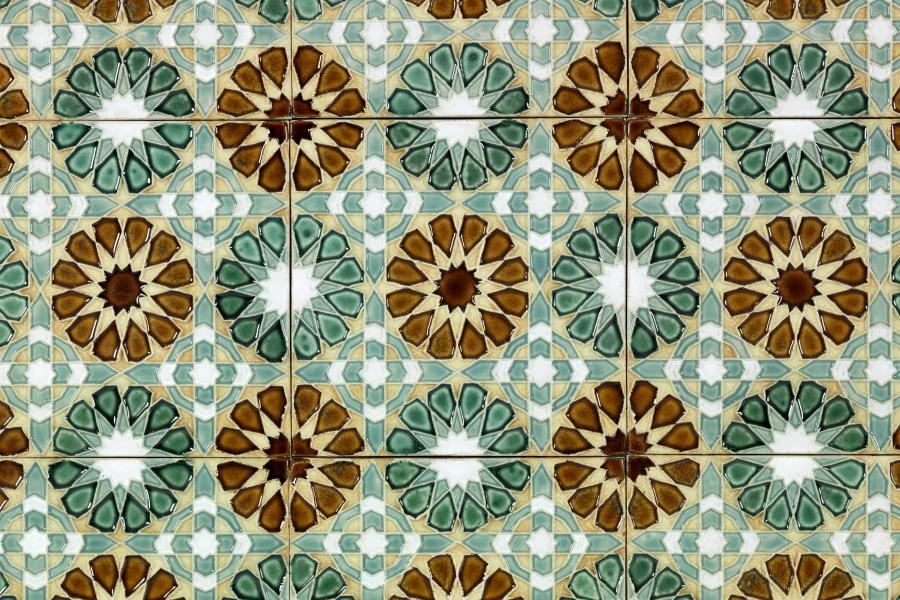Defina Bottesini
Delfina Bottesini is Outreach & Open Programme Manager at The Prince’s Foundation School of Traditional Arts in London. She is a practicing artist, designer and photographer. She has been working for the School of Traditional Arts as teacher since 2002 and as manager since the establishment of the Schools’ Outreach Programme in 2005. As Outreach Programme Manager, Delfina is responsible for national and international projects, including three of the School’s international centers – Cairo, Jeddah and Suzhou.
Her artistic practice includes painting, ceramics, design and photography. Delfina’s work reflects her particular interest in geometry and the traditional arts of the world. She creates handmade ceramic tiles that tessellate into geometric patterns which draw direct inspiration from the beautiful geometries found within various parts of the Islamic World. Her work includes commissions for interiors for private houses as well as gardens, often allowing her to work in partnership with garden designers and architects. Her painting work is concerned with archetypal images that are shared by different traditions including Islam, Hinduism, Christianity, Buddhism and Taoism. She enjoys working with images and ideas that cross cultural boundaries and refer the viewer back to the universal language of beauty which is shared and is always accessible to all people.





